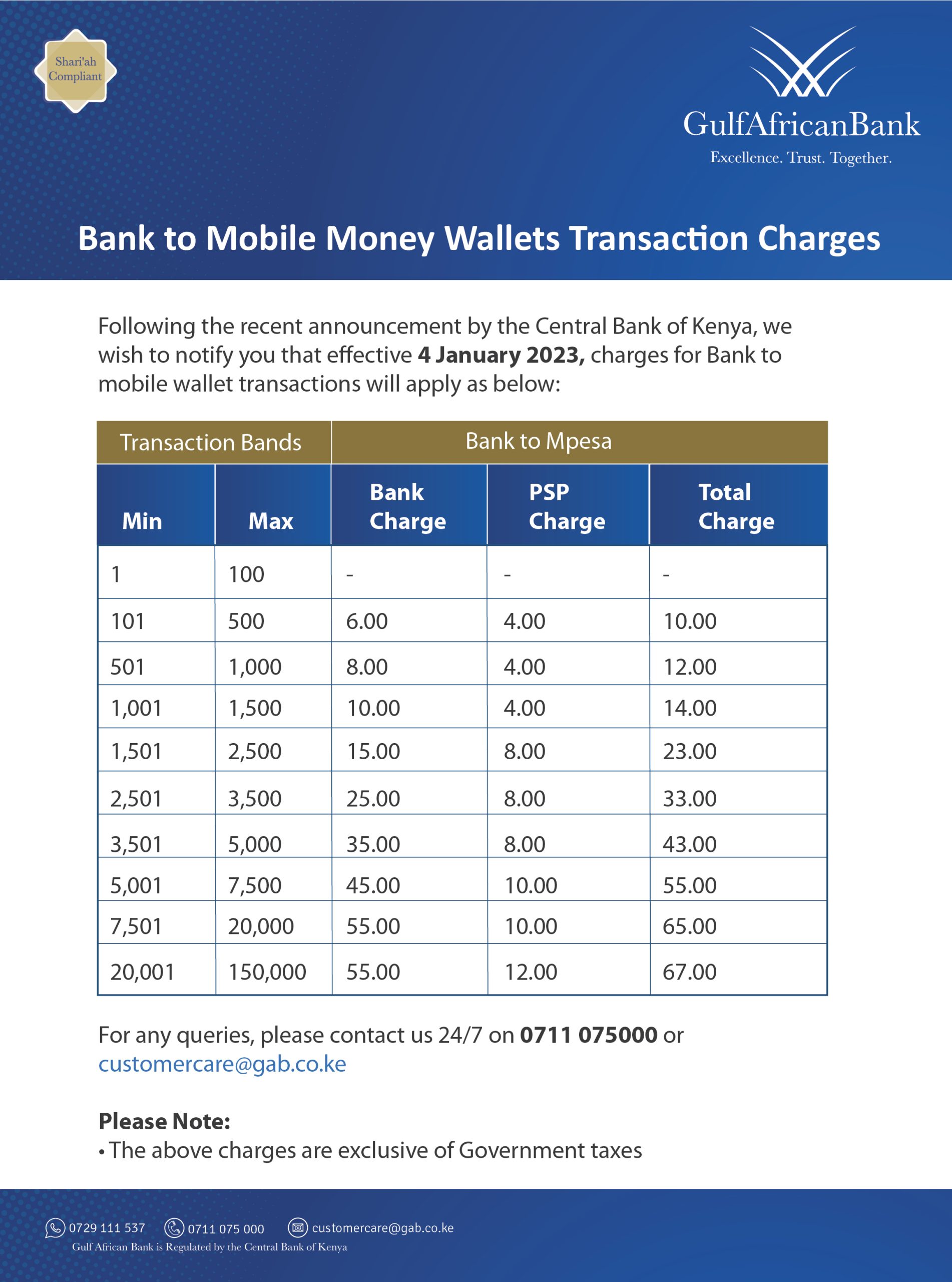Apply for Trade Finance


Islam is not only a religion in the ordinary sense of the word, but a complete system of life. While other religious codes provide guidance only for the relation between man and his Creator, Islam guides man in his relationship with God, and gives him the norms which govern his temporal existence, since Islam is concerned with the spiritual, political, social economic, moral and all other material aspects of the human being.
Every social system has its own economic system. Islam being a comprehensive and distinct social system, possesses a corresponding economic system of its own. Islamic economics is fast developing into a different and distinct paradigm of economics. Therefore, a number of Islamic financial institutions have emerged in various Muslim as well as some non-Muslim countries reaching finally at long last to our country Kenya. Hence the development of Islamic or interest free banking in the region.
There are a number of key differences between the products and services offered by a conventional bank in comparison to an Islamic financial institution.
Firstly, Islam is the back bone of interest free banking, moral principles and objectives play a more important role in its operations. As such it is organized on the basis of cooperation with each other as stated in the Quranic injunction: “Help you one another in righteousness and piety but help you not one another in sin and transgression (Quran, 5:2). The Quran also calls for trade “Eat not up your property among yourselves in vanities but let there be amongst you, traffic and trade by mutual goodwill”(Quran, 4:29). Honesty and trustworthiness is so essential in business, thus the Prophet (Pbuh) had declared that dishonest transactions are illegal (reported by Bukhari).
Secondly, no gain is accepted without either effort or liability. Islam forbids receiving a monetary advantage without giving a counter value, but is not opposed to profit or financial gain as long as an effort is performed or (partial) liability is accepted for the financial result of a venture.
Thirdly, general conditions of a debtor should be evaluated genuinely. If one is in financial distress, and is not able to pay back the principal, one should be given an extension on humanitarian ground without any penalty. (Quran, 2:280)
Fourthly, certain business transactions are considered unlawful in Islam and cannot be carried out in an Islamic bank. For example trading in alcohol, intoxicating drugs, gambling or producing pornography are contrary to Islam.
Fifthly, Islamic banks offer no interest-bearing products or services, and in its organisational structure and corporate governance, Islamic banks have Shari’ah board, to ensure that the bank practices are in conformity with the Shari’ah and do not oppress the disadvantaged client.
It is the addition of premium paid to the lender in return for the waiting period as a condition for the loan. Riba has the same meaning and import as interest in accordance with the consensus of all fuqaha (jurists) and is haram. The following are the steps on Riba prohibition:
First stage of prohibition of Riba
Says God: “That which you give as interest to increase the peoples wealth increases not with God; but that which you give in charity, seeking the pleasure of God, multiplies manifold”. (Quran, 30:39)
Second stage of prohibition
Say God: “For the wrong doing of Jews, we made unlawful for them certain good foods which had been lawful for them – and for their hindering many from God’s way. And their taking of Riba”(usury) though they were forbidden from taking it. (Quran, 4:160-161)
Third stage of prohibition
Says God: “O you who believe: Eat not Riba (usury) doubled and multiplied, and fear God that you may be successful. (Quran, 3:130)

The deposited capital is guaranteed and made available to the client on demand. No reward is paid on the deposit but is mainly used for transactions and safety keeping.

It comes from the Arabic word ‘ribh’ which means profit (short –term trade financing). Murabaha is selling a commodity as per the purchasing price with a defined and agreed profit mark-up. This mark-up may be a percentage of the selling price or a lump sum. Murabaha financing differs from a conventional financing, as it involves the financing of physical assets.
Islamic banking and finance are a part of Islamic economic system, the basis of which revolves around justice and morality. It is a very young concept in modern times yet it is emerging as one of the fastest growing areas of international finance. It facilitates the uplifting of economic standards of its clients by providing various types of lending contracts. Above all it is Shari’ah compliant, hence protects a Muslim from dealing with Riba, thus avoiding Allah’s wrath and war.
